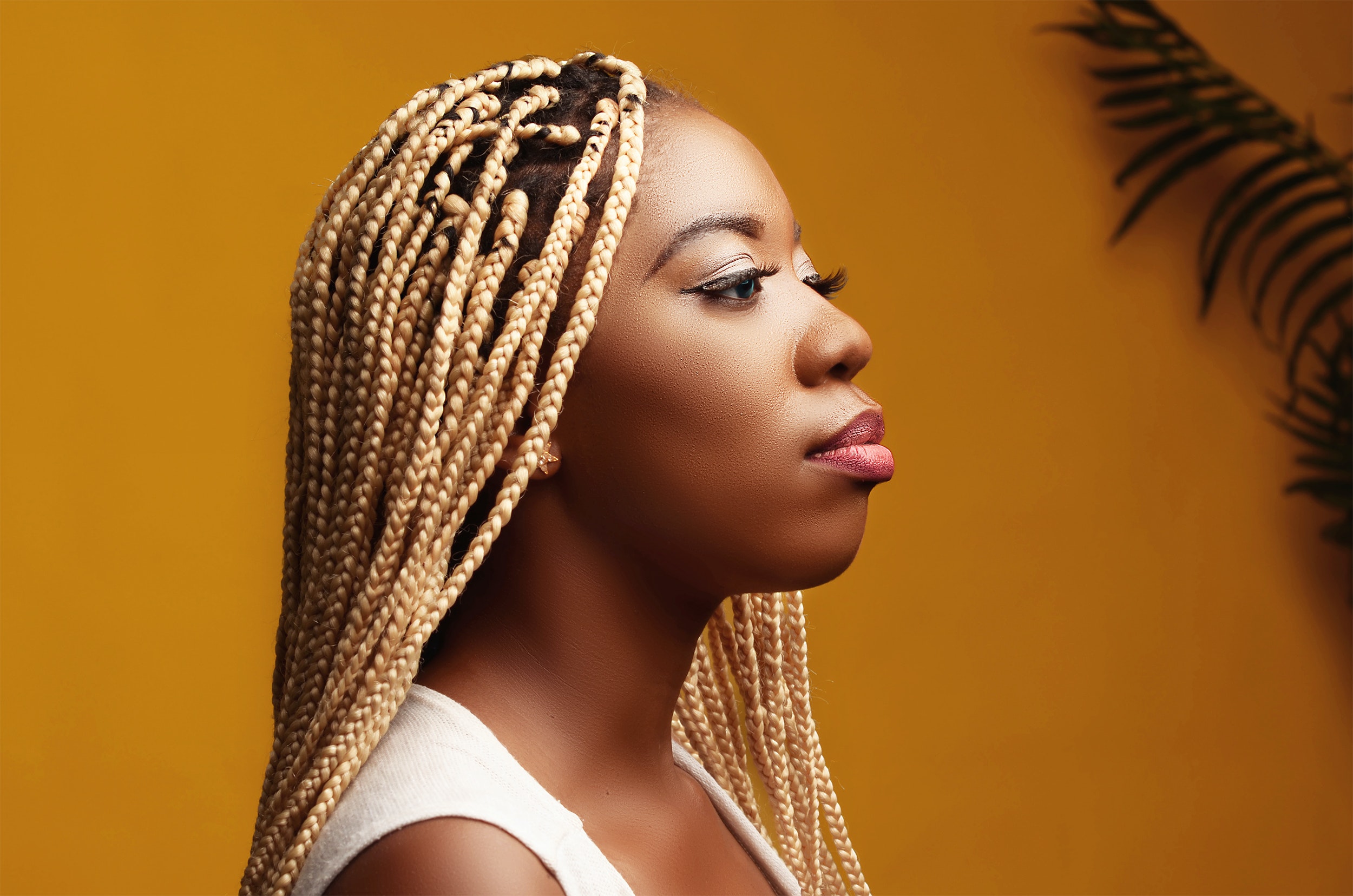It’s hard to state the cultural and historical legacy of braids. It is a hairstyle that goes back to antiquity. 3500 BC to be exact. The tradition of braiding began in Africa. Styles were used to identify tribes, a person’s age, marital and social status and even their religion. In addition to the messages it sent to the outside world, braiding was a bonding experience between parent and child, sister to sister and even stylist to client. There’s a special love people feel for those who aid in making them look and feel beautiful.
So the artform, created in Africa and spread throughout the diaspora, has largely been preserved and passed down by Black women.
But the world is changing. Today, people often live in close community with those of other races. Cultures collide. Traditional skills once transmitted by word of mouth or in person can be uploaded onto the internet for anyone to see and emulate.
Recently, a video of a white woman installing knotless braids into a Black woman’s hair went viral.
It sparked an interesting question for some Black women: Would you let a white woman braid your hair?
The question is a layered one. Would you trust a white woman’s skills in this area? What are the economic ramifications of supporting a white woman over Black women braiders? Is the element of sisterhood you may feel with a Black stylist forgone when you sit in a white woman’s chair? Does the race of your braider even matter at all? It’s a lot to consider.
21Ninety discussed these matters with a group of Black women, including a Black braider. Many of the interviewees asked to be identified either by first name and last initial or just their initials. This is what they had to say.
Some against it for several reasons
D.S. says she is always looking for more education about her hair while in the salon chair.
“There are certain things beauty school doesn’t teach. As someone who has gone to a salon regularly for 15+ years, I only let two groups of women touch my crown: Black women and the stylists in Dominican hair salons,” D.S. shared. “Even within those two groups, I’ve had to learn the hard way to be particular. It’s not a skill thing. It’s nuance. It’s implicit understanding. It’s something not tangible.”
Acceptance with caveats
A handful of women 21Ninety spoke to didn’t see a problem with white braiders, as long as there is an understanding.
“I would need to see her previous work and she can’t have braids [herself],” Cheyenne G. said. “I’m all about skill set. If they can braid and don’t charge $1,000 dollars. I’m here to support.”
Learning more about Black hair is a good thing
Rivea Ruff pointed out that the stylist in the viral video is essentially the answer to an age-old demand.
“Her work looks clean,” Ruff said. “She seems properly trained in Black hair which is what we were demanding for years–that white stylists learn our hair types and be capable.”
But Natacha Sako, a Black woman and braider, sees things differently.
“There’s something sacred about sitting in a Black woman’s chair and being yourself. Letting her wash you, talking to her and baring your soul sometimes,” Sako says. “I can’t see that connection for me and a white woman playing in my hair—this isn’t the soul session I was looking for.”
The economics of braiding and Black women
For some of those against it, there is also an economic factor to consider.
“Even if they can braid, I prefer my money to go to a Black woman,” Mieshia M. said.
Latoya J. agrees.
“I support enough white businesses inadvertently everyday,” she offered.
Sako points out that for many hairstylist, the industry was a saving grace of sorts and a reliable way to make a living.
“There are plenty of Black women out here that, honestly, couldn’t do much else or didn’t have a chance to do much else so they used what they could do and made a business out of it. We deserve that,” Sako said.
She points to the Kardashians as an example and the family’s often discussed tendency to wear traditionally Black hairstyles and aesthetics. The Kardashians have faced backlash for failing to acknowledge the Black people who created or popularized some of the looks they are praised for.
“Once a white person does something that is mainly for us, it erases everything that we’ve worked so hard to create and that’s not fair,” Sako explained.
For that reason Sako believes there are some things Black women in particular should keep for themselves.
“There are some things we need to start gatekeeping,” Natacha said. “And this is at the highest [level] for Black women.”
